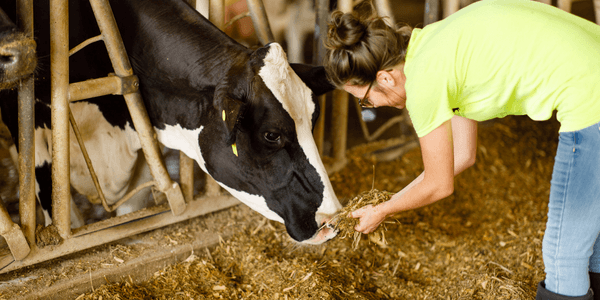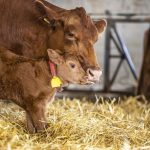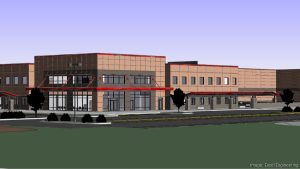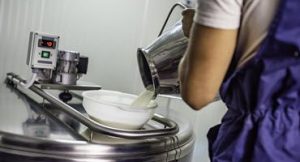
What’s a watershed? A land area where all water on the surface or below collects in the same place. Everyone lives in a watershed, including dairy farmers!
Farmers know the importance of a healthy watershed. After all, water leaving the farm goes downstream and could become the water that you drink or be an essential resource for fish and wildlife.
The map below features several dairy farms in the in the Chesapeake Bay, Genesee River, and New York City/Delaware River watersheds. Click the icons to read and see a video about each farm. Which farms share your watershed?
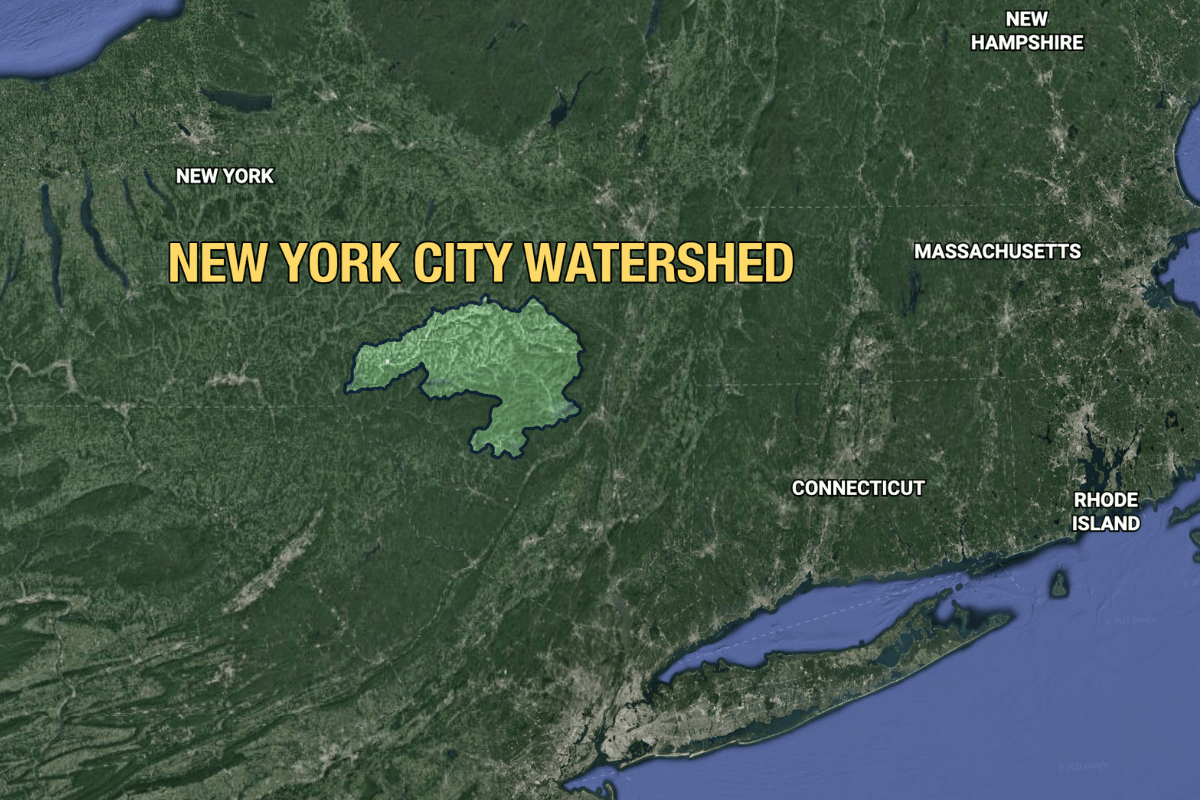
Clark Farms
New York City’s exceptional drinking water doesn’t come by accident. Upstream dairy operations like Clark Farms play essential roles in making this possible. The farm uses several techniques, including manure management, soil testing, stream buffers, and minimal soil disturbance to achieve environmental and economic goals.
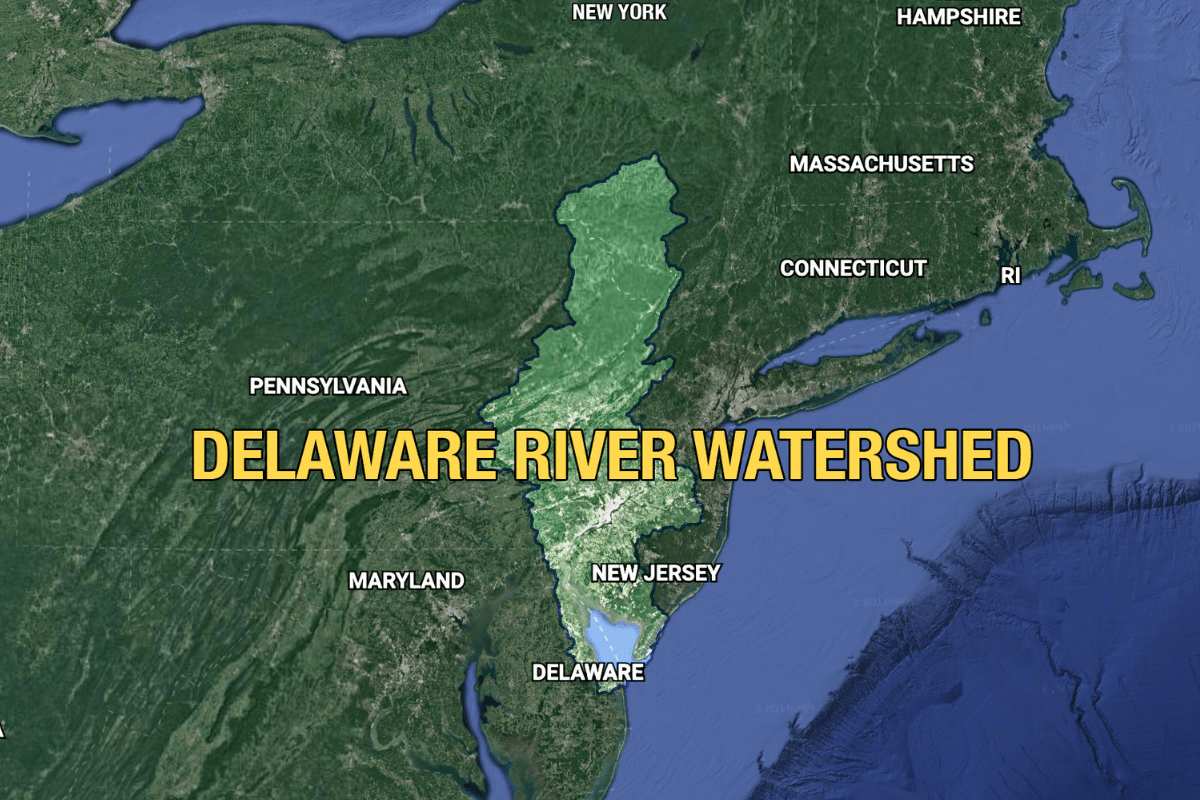
Spring Run Dairy
To protect a creek that leads to the Delaware River, Spring Run Dairy stores manure until it can be best utilized to fertilize cropland. Cover crops and no till practices leave the soil undisturbed, enhancing soil health and minimizing sediment and nutrient loss. A retention basin slows and reduces runoff to the stream.

Walmoore Holsteins
Established in 1909, Walmoore Holsteins is owned and operated by fourth generation dairy farmer Walt Moore. The farm uses a comprehensive nutrient management program, creates healthy soil through the use of conservation practices like no-till and cover crops, and protects water resources with recycling and stream buffers. Walt collaborates with different organizations and downstream communities in neighboring Delaware to ensure that water leaving his farm is clean.
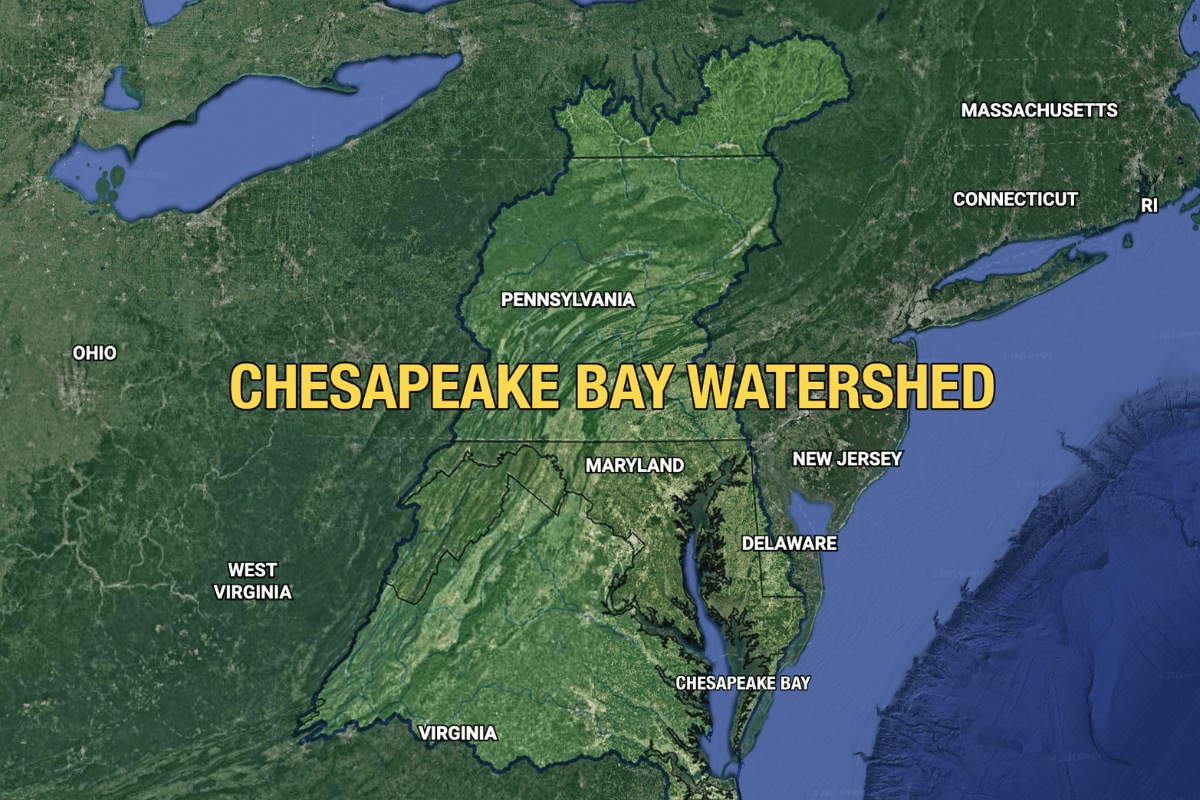
Kurtland Farms
Dairy cows are the source of two products: milk and manure. At Kurtland Farms, manure is a carefully managed resource that grows crops on 250 acres. It’s important to keep those manure nutrients on the fields rather than washing off the land during storms, so practices such as manure injection, cover crops, and buffers are used to benefit both the farm and the environment. Even runoff from barn rooftops is carefully managed!

Meadow Vista Dairy
On 700 acres just a mile from the Susquehansna River, Meadow-Vista Dairy keeps soil and nutrients on the fields instead of washing off during storms. They also recycle manure, water and sand, practice energy conservation, and use renewable energy. Stream buffers further protect local waterways.

Reinford Farms
On Reinford Farms, environmentally sensitive areas are protected and food waste and cow manure are converted to renewable energy. By not disturbing the soil used to grow crops and keeping vegetation in the fields year-round, the farm minimizes soil erosion and nutrient runoff.

Fair Hill Farms
Just a few miles from the Chesapeake Bay on Maryland’s Eastern Shore, the owners of Fair Hill Farms take seriously their role as environmental stewards. They recycle sand, water, and manure and use grass waterways and a bioreactor helps to keep ground and surface water clean.

McMahon’s E-Z Acres
Located in the headwaters of the Chesapeake Bay watershed—nearly 250 miles away from the Bay, E-Z Acres uses a combination of well monitoring, riparian buffers, careful nutrient management and the “Taj Mahal of manure storage” to protect drinking water and surface water quality.

Albano Farms
The New York City watershed provides 1.3 billion gallons to 9 million New Yorkers each day. Using practices like manure storage, cover crops, and riparian buffers, Albano Farms works with key partners to ensure that water stays clean.
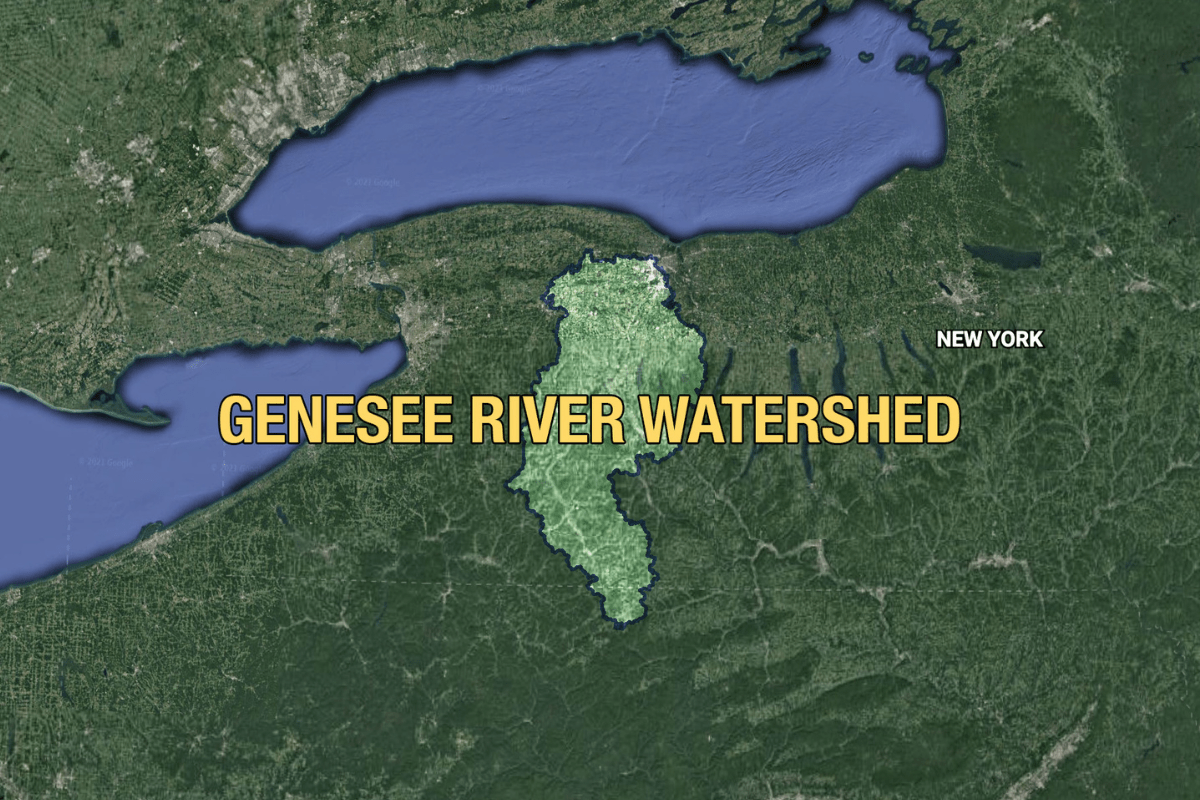
Noblehurst Farms
Roughly 40 minutes south of Rochester, NY, Noblehurst Farms carefully manages manure to maximize its use as a crop fertilizer and keep it where it needs to be—on fields and in the soil, rather than washed into local streams. The farm also plays a special role in reducing food waste while generating renewable energy.
